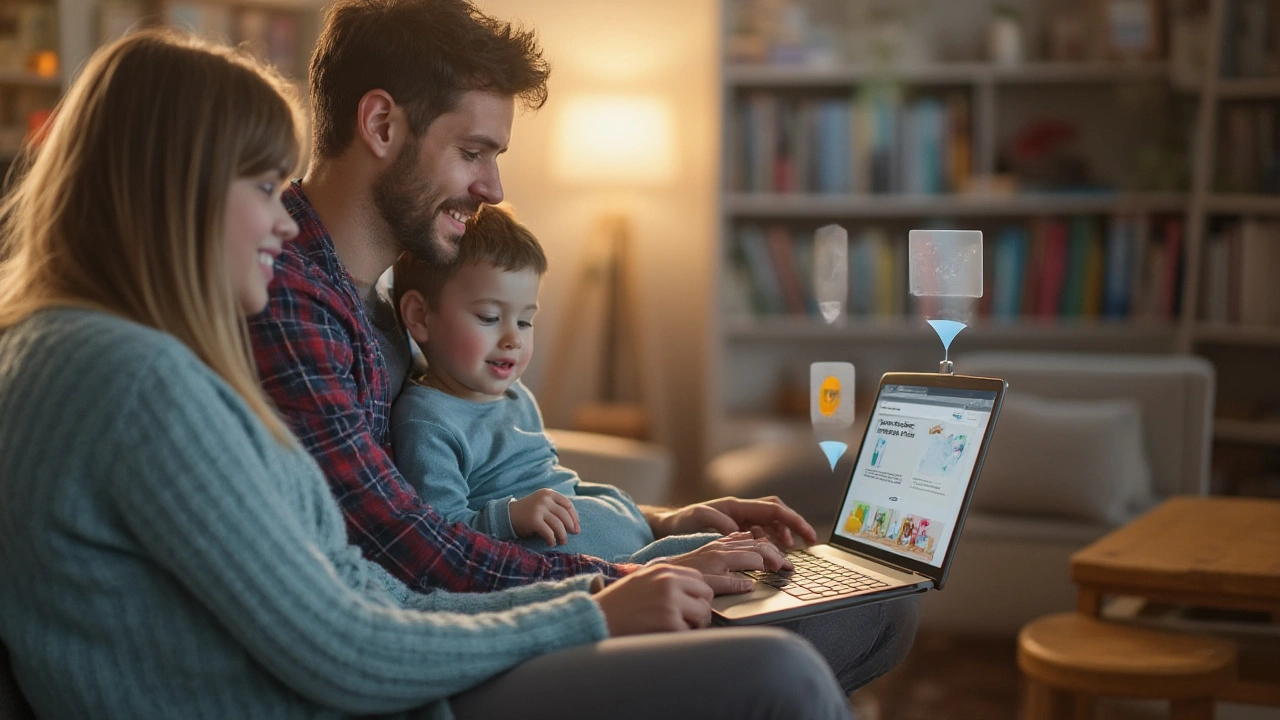Online Pharmacy Quality Control: Spotting Safe Pharmacies in 2025
Buying meds online can save time and money, but it also opens the door to sketchy sites. How do you know a pharmacy is legit before you click "Buy"? Below are the real‑world checks you can do in minutes.
Check the license and contact info
First thing – look for a physical address and a local telephone number. Legit pharmacies display a pharmacy license number that matches the health authority in the country they operate. If the site hides this info or only offers a generic email, hit the back button. A quick Google search of the license number will usually reveal whether the regulator has flagged the pharmacy.
Verify the prescription process
Any reputable online pharmacy will ask for a valid prescription before shipping prescription‑only drugs. They may let you upload a scanned copy, use a secure portal, or have a licensed pharmacist call you. If a site sells strong meds like Lipitor or Oxybutynin without any prescription, that’s a red flag. Safe pharmacies also give you a clear pharmacist contact for questions about dosage or side effects.
Beyond these two steps, here are five quick habits that keep you safe:
1. Look for accreditation seals. Look for logos from the National Association of Boards of Pharmacy (NABP) or the Verified Internet Pharmacy Practice Sites (VIPPS) program. Click the seal – it should link to the accrediting body's site where you can confirm the match.
2. Compare prices, but don’t chase the cheapest. If a price looks too good to be true, it probably is. Legit pharmacies price meds near market rates; huge discounts often mean counterfeit or expired products.
3. Read customer reviews on independent sites. Forums, Trustpilot, or Reddit threads give real user experiences. Spot patterns – repeated complaints about missing prescriptions or delayed deliveries signal trouble.
4. Check the URL. Look for "https" and a padlock icon in the browser bar. Also, beware of misspelled URLs like "pharmacee.com" – scammers rely on typos.
5. Use a payment method that offers buyer protection. Credit cards and PayPal give you a chance to dispute fraudulent charges. Avoid direct wire transfers or crypto payments for unknown pharmacies.
What about international sites? If a pharmacy ships from abroad, they must still obey your country’s import rules. For example, South African buyers must ensure the pharmacy complies with the SA Health Products Regulatory Authority. Ignoring this can lead to seized packages and legal headaches.
Lastly, keep a copy of every order confirmation, prescription copy, and shipping receipt. If anything goes wrong, these documents are your proof when you contact the pharmacy or a consumer protection agency.
In short, a safe online pharmacy shows a clear license, asks for a valid prescription, carries accreditation seals, offers realistic pricing, and uses secure payment options. Follow the checklist above, trust your gut, and you’ll get the meds you need without the risk of counterfeit drugs or legal trouble.
UniversalDrugstore.com vs Canadian Online Pharmacies: Quality, Security & Real Customer Reviews
Looking for a safe online pharmacy? We break down how universaldrugstore.com stacks up on quality, payment security, and service against top Canadian competitors.
